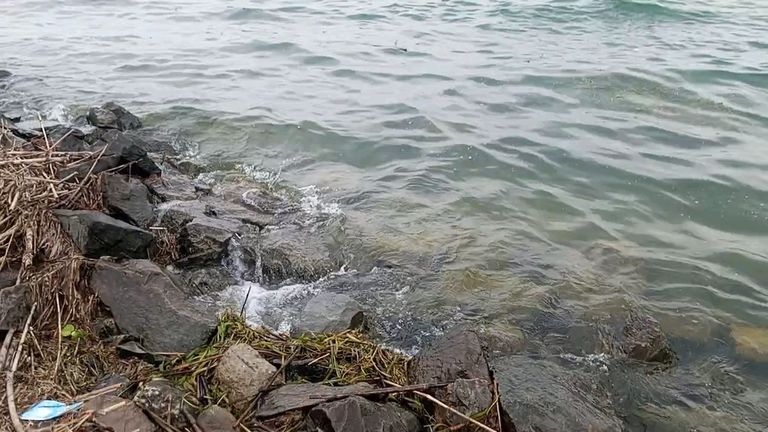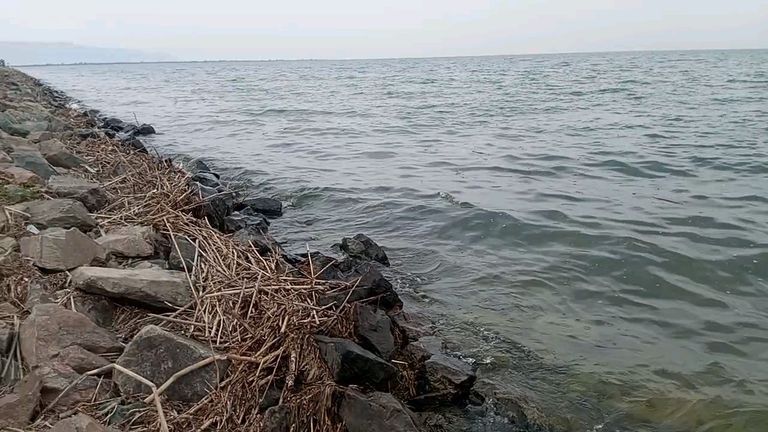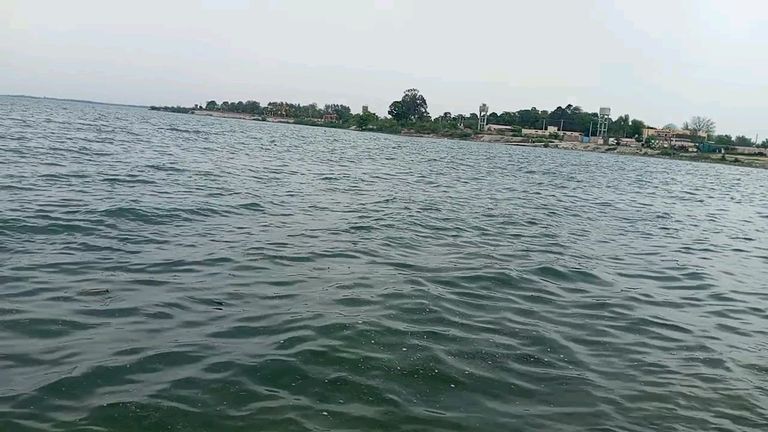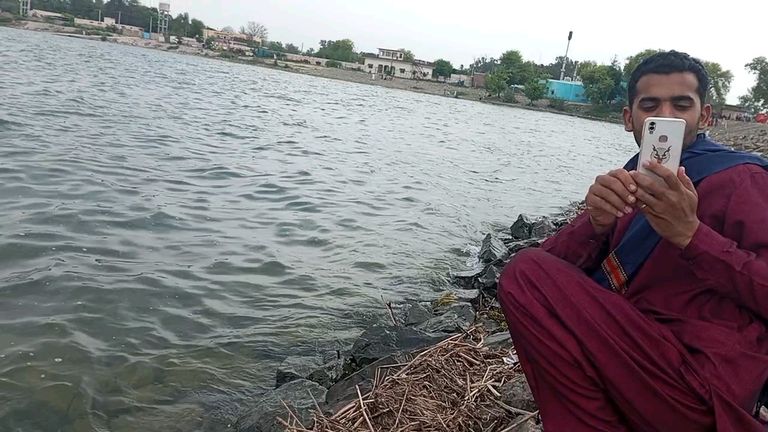The Stream: A Life saver of Nature and Civilization
Streams are the supply routes of the Earth, twisting through scenes and associating environments, networks, and societies. They play had a significant impact in the improvement of human development, giving water, food, transportation, and prolific soil for farming. Past their pragmatic purposes, waterways likewise hold critical natural, social, and sporting worth.
The Arrangement and Stream of Rivers
Streams start their excursion from different sources, like springs, dissolving icy masses, or precipitation. Where a stream begins is known as its source or headwaters. From that point, streams stream downhill because of gravity, cutting their direction through mountains, valleys, and fields until they arrive at their endpoint, normally an ocean, sea, or lake, known as the mouth.
As waterways traverse the land, they gather water from feeders, more modest streams that feed into the fundamental stream. The region depleted by a waterway and its feeders is known as a watershed or waste bowl.
Biological Significance of Rivers
Streams are crucial for keeping up with biodiversity and environmental equilibrium. They give natural surroundings to a large number of plants and creatures, both sea-going and earthbound. Riparian zones, the regions along riverbanks, are especially wealthy in biodiversity and act as basic territories for some species.
Streams likewise assume a critical part in supplement cycling, conveying supplements from the land to the ocean. This cycle upholds both earthbound and marine biological systems. Furthermore, streams go about as normal channels, catching dregs and toxins, which keeps up with water quality.
Human Reliance on Rivers
Since forever ago, waterways have been key to human settlement and improvement. Old civic establishments, for example, those along the Nile, Tigris-Euphrates, Indus, and Yellow Streams, flourished because of the fruitful grounds and plentiful water supply given by these waterways. Indeed, even today, many significant urban communities and towns are situated close to waterways, profiting from the assets and amazing open doors they offer.
Agriculture: Streams give fundamental water to water system, empowering the development of yields and supporting farming. The prolific floodplains of streams are especially helpful for cultivating, because of the supplement rich sediment saved during floods.
Transportation: Streams have long filled in as regular expressways, working with the development of individuals, merchandise, and thoughts. They stay significant for exchange and transportation, with numerous products actually shipped through waterway barges.
Hydroelectric Power: Streams are a significant wellspring of sustainable power. Hydroelectric power plants tackle the energy of streaming water to produce power, giving a perfect and economical energy source.
Amusement and Tourism: Streams offer various sporting open doors, like fishing, drifting, kayaking, and swimming. Beautiful stream scenes additionally draw in vacationers, adding to neighborhood economies.
Challenges and Conservation
Regardless of their significance, streams face various difficulties because of human exercises and natural changes:
Pollution: Modern release, agrarian spillover, and untreated sewage can defile waterways, hurting amphibian life and presenting wellbeing dangers to people.
Over-extraction: Inordinate withdrawal of water for agribusiness, industry, and homegrown use can diminish stream, influencing biological systems and networks downstream.
Environment Change: Changing precipitation examples and liquefying ice sheets influence waterway stream, possibly prompting dry spells or floods.
Dams and Infrastructure: While dams give benefits like hydroelectric power and flood control, they can disturb regular waterway stream, influence fish movement, and change biological systems.
Preservation endeavors are essential to safeguard and reestablish streams. Methodologies incorporate further developing water quality through contamination control, executing feasible water the executives works on, reestablishing regular natural surroundings, and advancing the utilization of environmentally friendly power sources that limit biological effect.
Social and Otherworldly Significance
Streams hold profound social and otherworldly importance for some networks. They are many times highlighted in fantasies, legends, and strict practices. For example, the Ganges Stream in India is viewed as hallowed by Hindus and assumes a focal part in strict customs and services.
Conclusion
Waterways are helps that support both nature and human progress. Their environmental, monetary, social, and sporting significance couldn't possibly be more significant. As we face developing ecological difficulties, it is basic to perceive the worth of streams and make an aggregate move to guarantee their insurance and protection for people in the future. Thusly, we honor the imperative job streams play in supporting life on The planet.










Congratulations, your post has been upvoted by @dsc-r2cornell, which is the curating account for @R2cornell's Discord Community.
Enhorabuena, su "post" ha sido "up-voted" por @dsc-r2cornell, que es la "cuenta curating" de la Comunidad de la Discordia de @R2cornell.
Telegram and Whatsapp